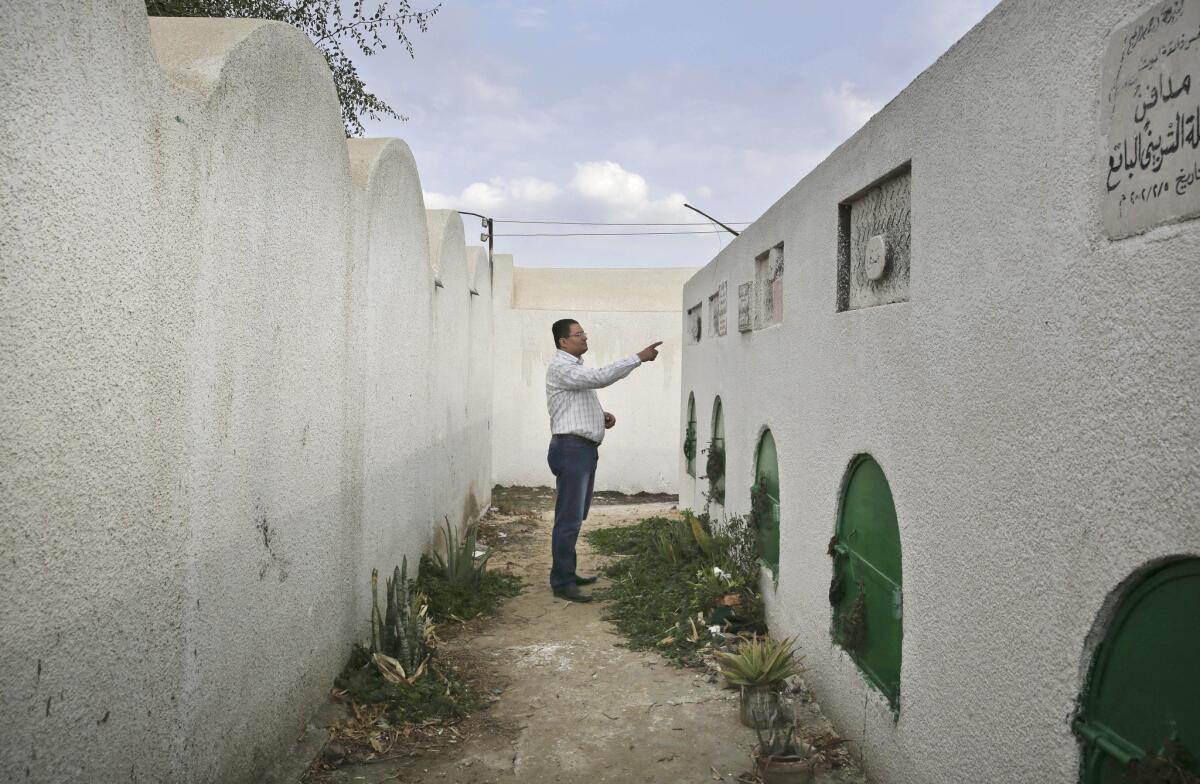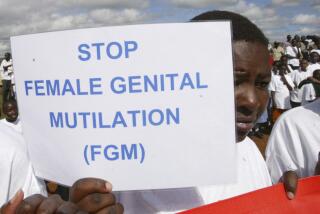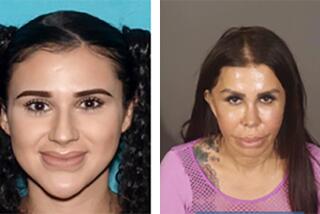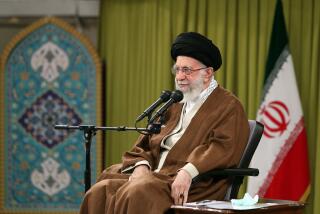Egypt appeals court convicts two in female genital excision

- Share via
Reporting from Cairo — Two months after being exonerated, a doctor and a father were both found guilty by an Egyptian appeals court Monday in the death of a girl who underwent female genital excision.
It was the first conviction for such a case in Egypt since the widespread practice was outlawed in 2008.
Dr. Raslan Fadl, who performed the excision on the 13-year-old victim in June 2013, was sentenced to two years in prison with hard labor after being convicted of involuntary manslaughter, plus an additional three months for performing the outlawed procedure.
His clinic, where the operation was performed, will be closed for one year. He was fined $68.
The father, Mohamed Bataa, received a suspended sentence for his role in the crime, which claimed the life of his daughter, Soheir Bataa. He had asked Fadl to perform the surgery.
Both men were acquitted in November, although an Egyptian court ordered the doctor to pay Soheir’s family compensation of about $670. A forensic report said a combination of shock and severely low blood pressure due to a reaction to antibiotics after the surgery might have led to the death of Soheir, who was from a Nile Delta village.
According to United Nations statistics, more than 90% of Egyptian women younger than 50 have been subjected to genital excision, which includes the removal of the clitoris and is common in a number of African countries, especially in rural areas.
The conviction of the two Egyptian men is a “fantastic victory,” said Suad Abu-Dayyeh, a regional representative for the international women’s rights group Equality Now.
“It is fantastic news that Soheir has finally been given justice. This is a monumental victory for women and girls in Egypt -- the first [such] trial in a country with the highest number of affected women globally,” she said.
This was the first trial involving genital excision since the practice was banned seven years ago.
“The country has shown that it will implement its laws, and we hope that this is the first step toward ending this extreme form of violence against women once and for all,” Abu-Dayyeh said.
Tarek is a special correspondent.
More to Read
Sign up for Essential California
The most important California stories and recommendations in your inbox every morning.
You may occasionally receive promotional content from the Los Angeles Times.










